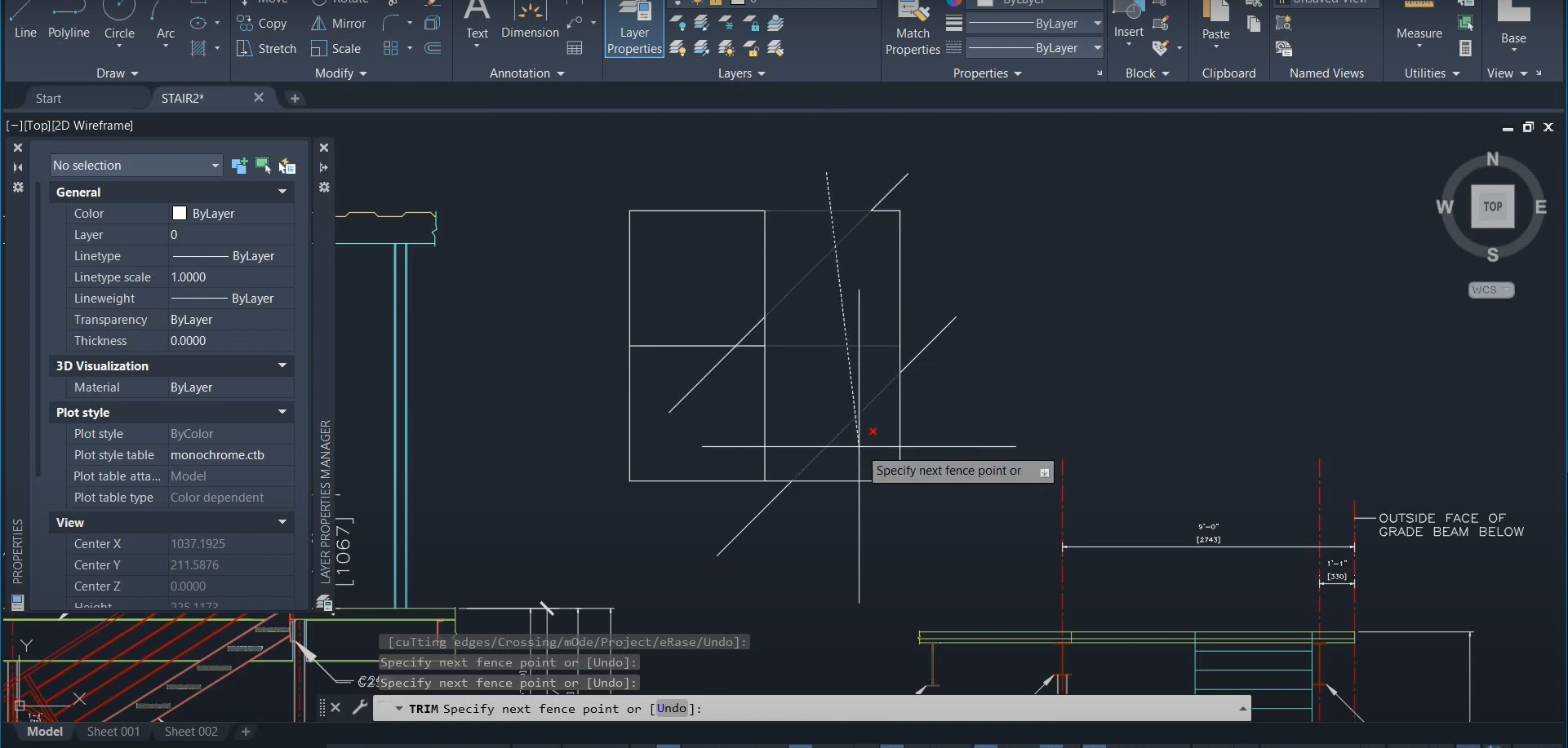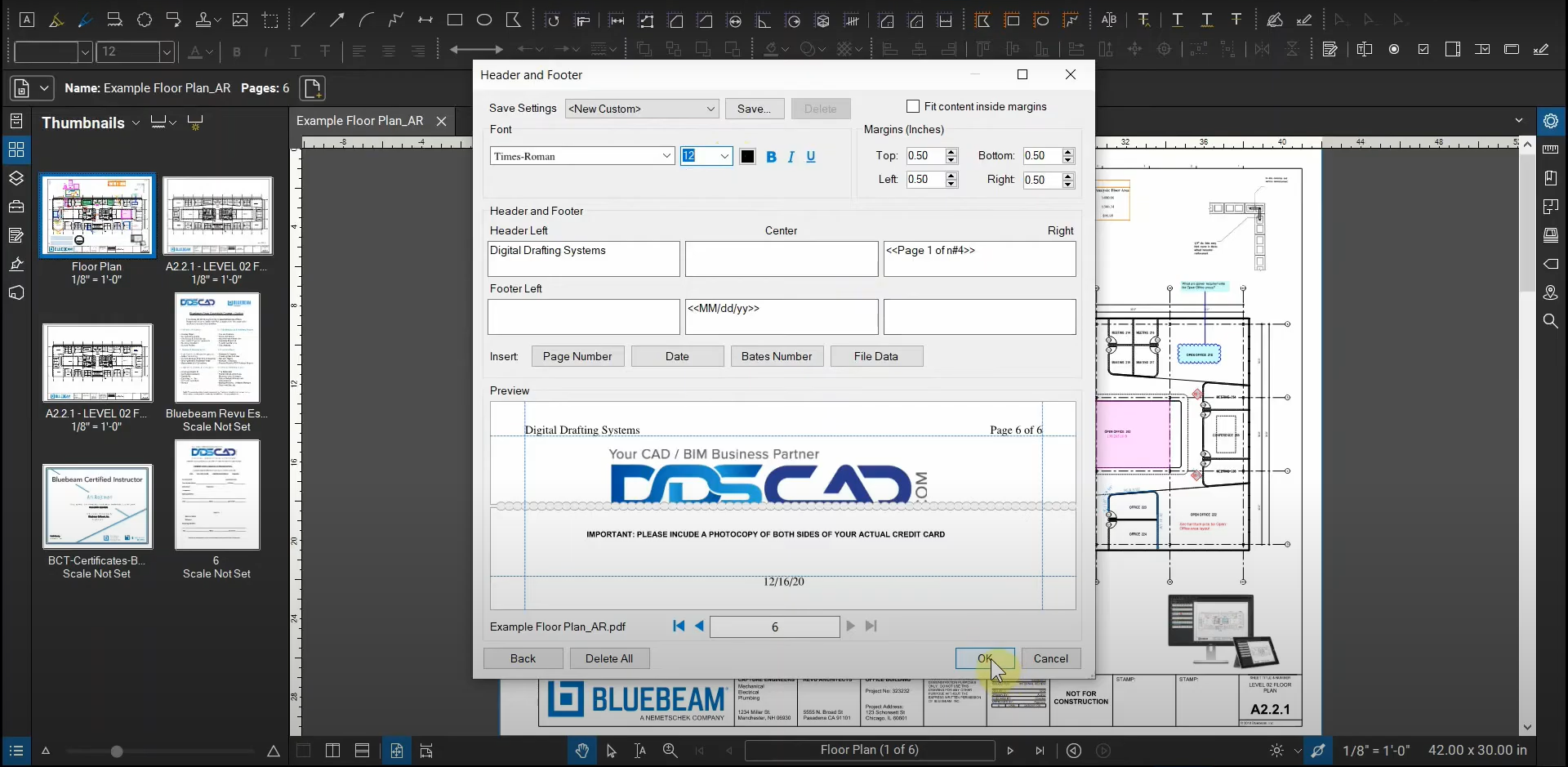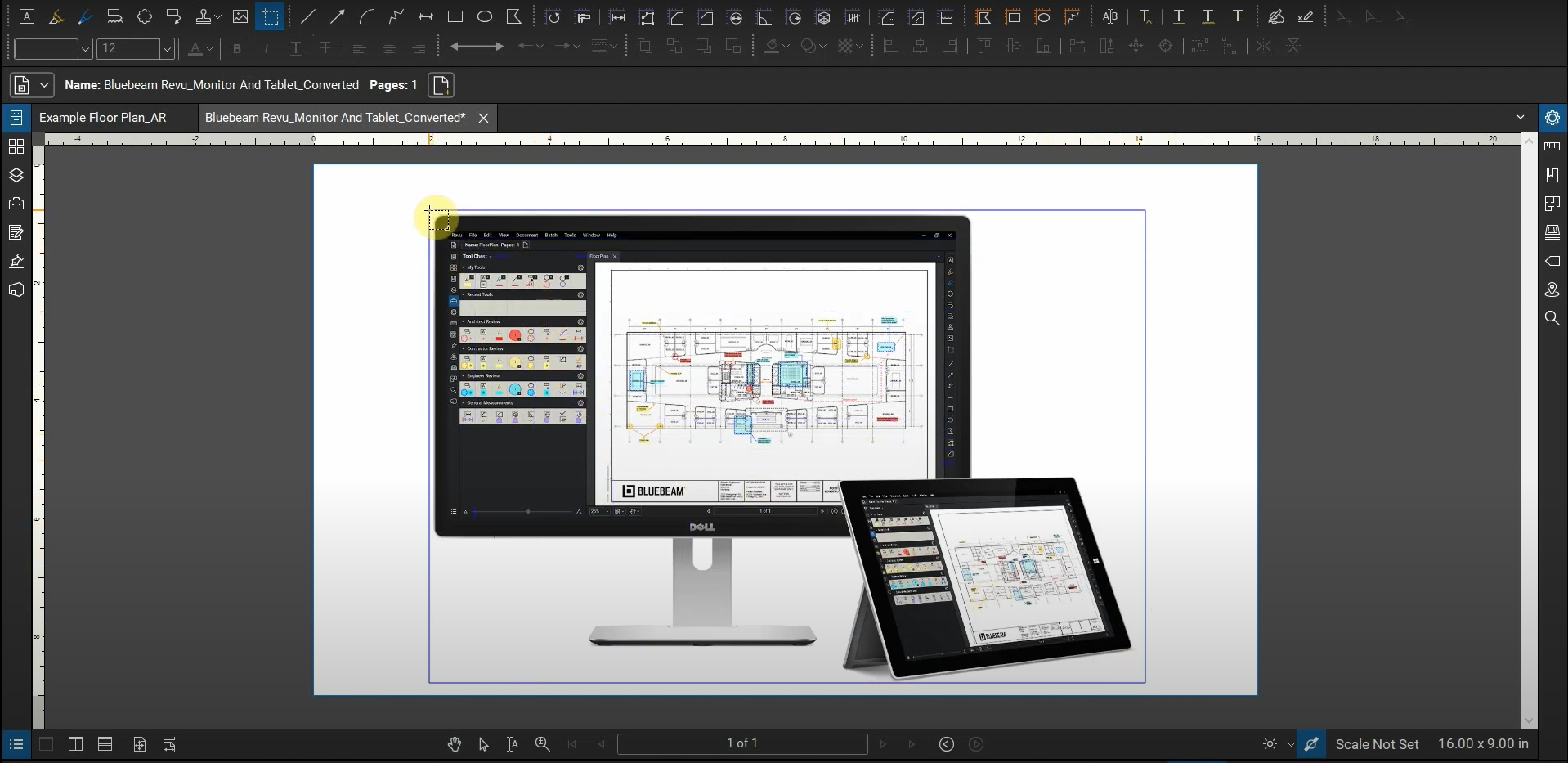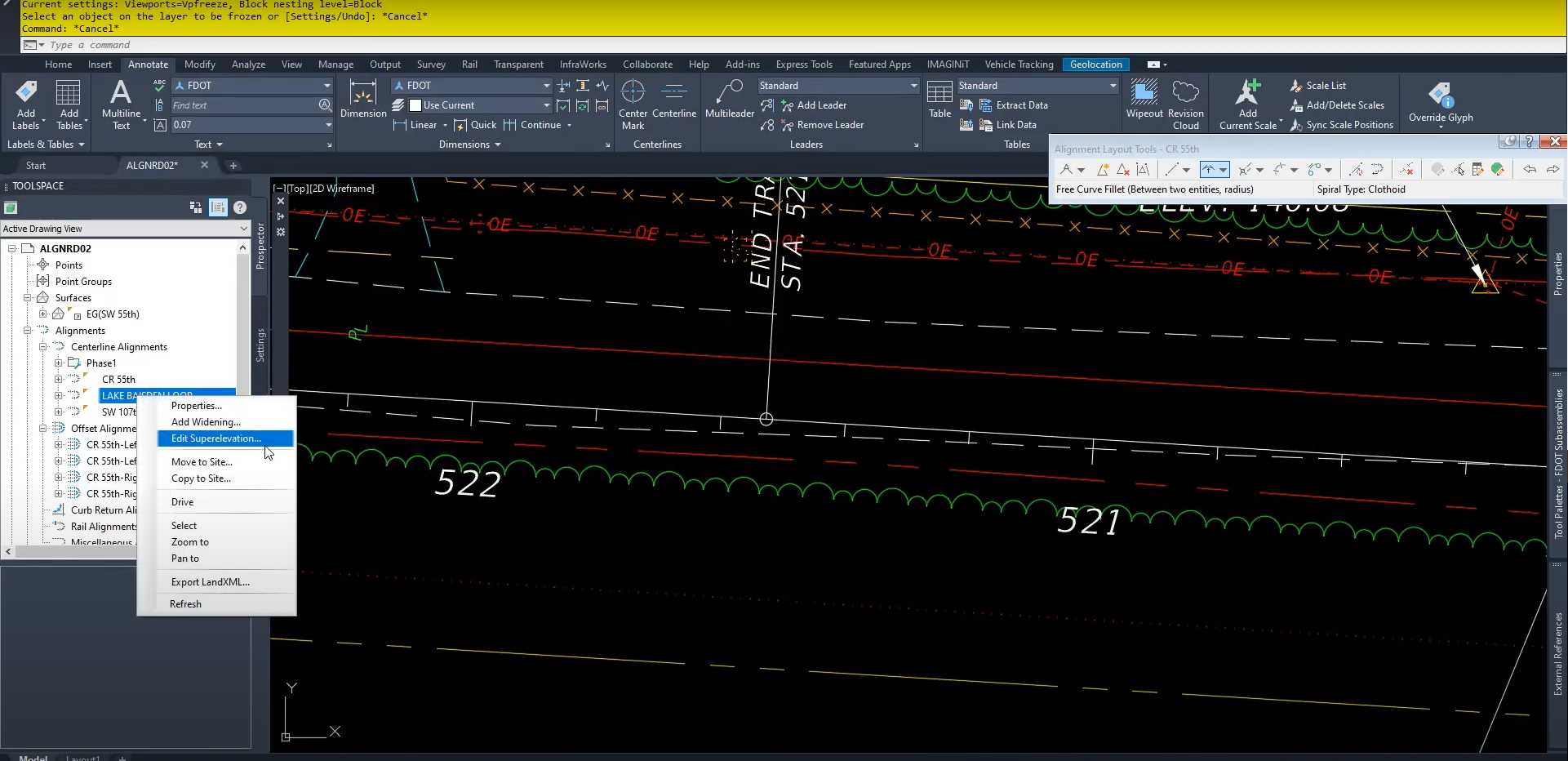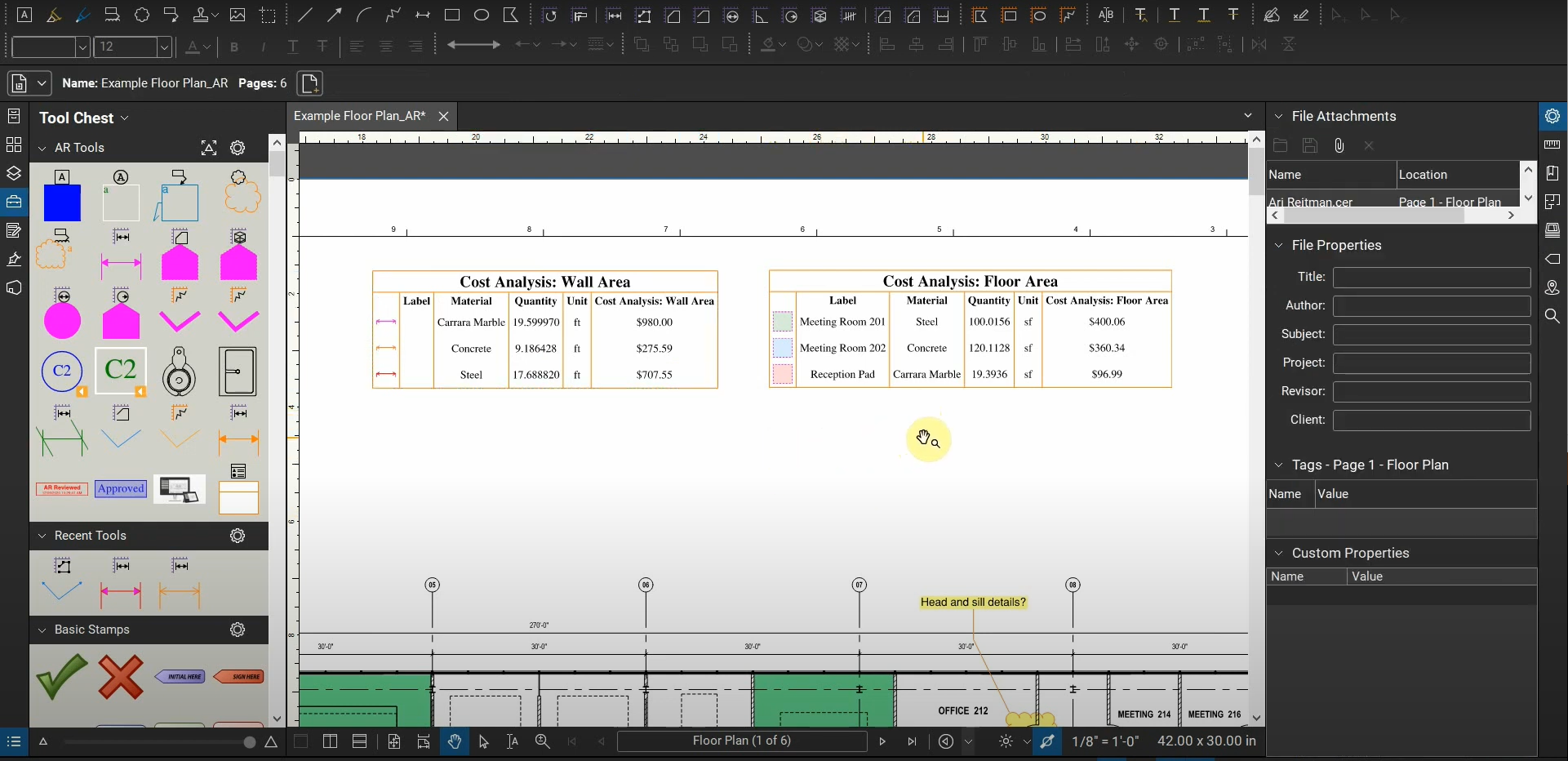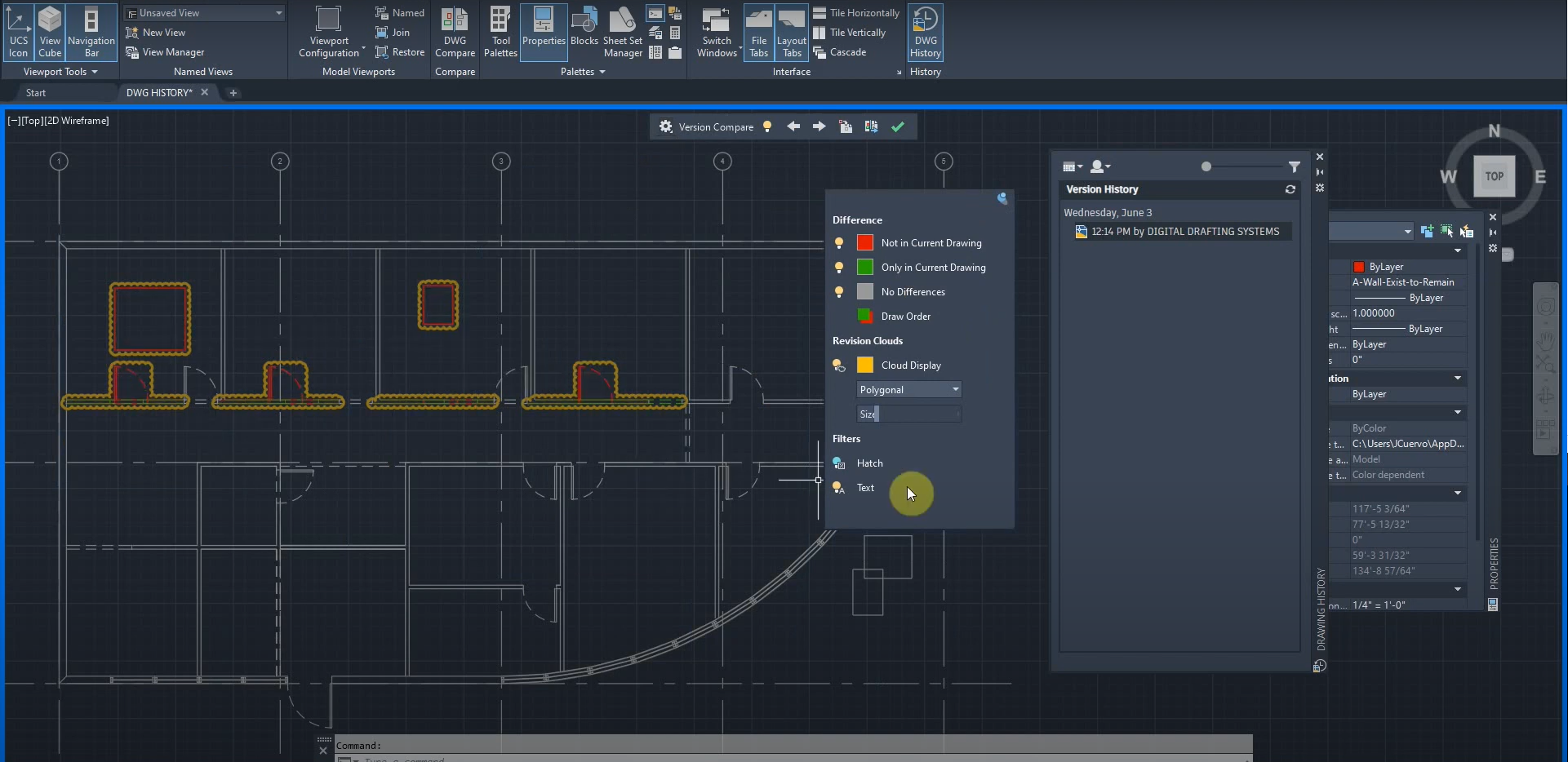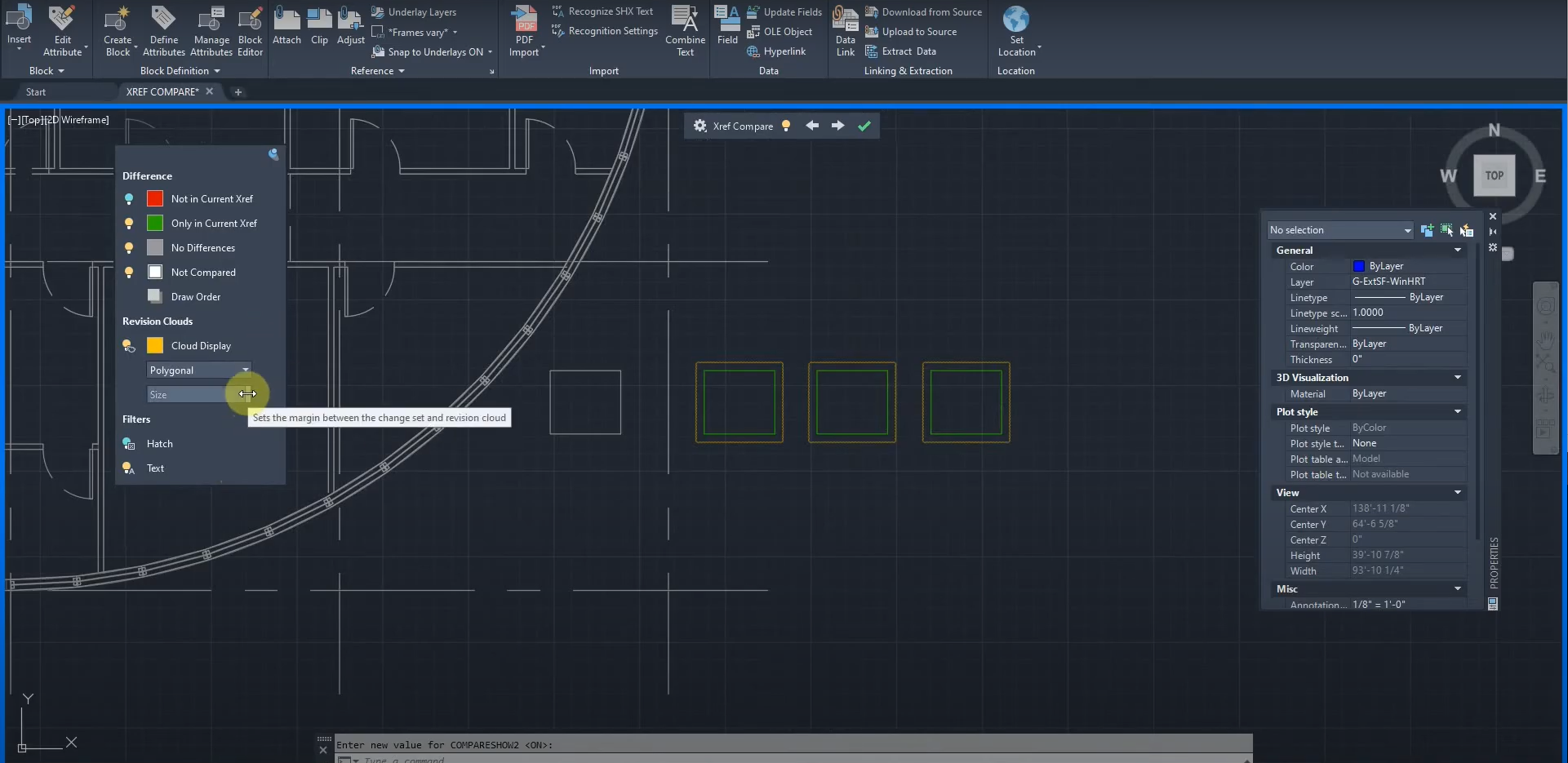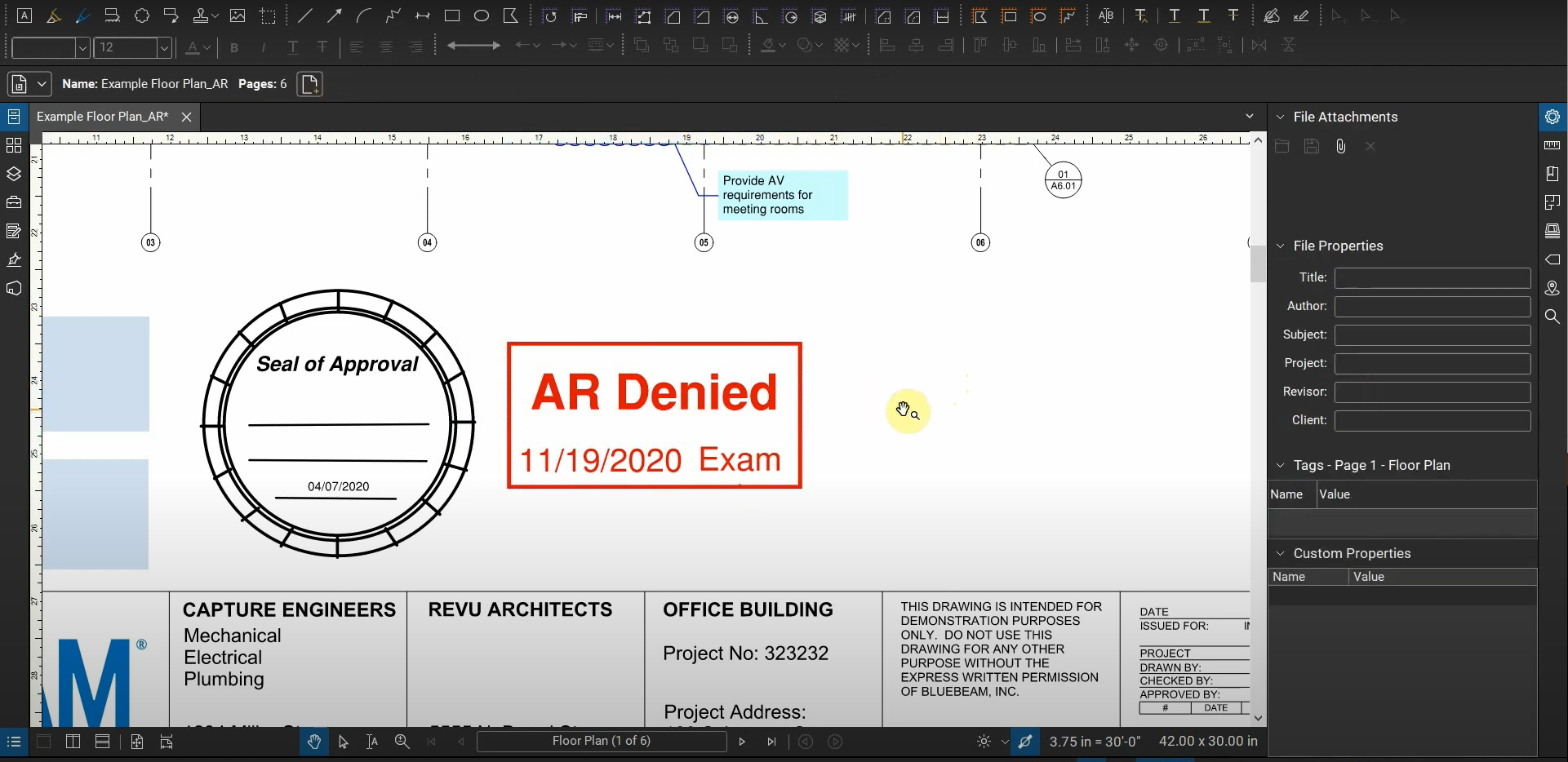Registering & Unregistering Bluebeam Revu
If you want to use Bluebeam Revu on another PC, you can install it for free and join someone’s Studio Session. You can also unregister your first PC and register Revu on your second PC. The process is simple, and it takes a few clicks and a few seconds to initiate. While unregistered, Revu is…
Read morePOSTED BY
Ariel Rejtman
File Access in Bluebeam Revu
There are many ways to locate and open PDF files in Bluebeam Revu. While we could use the conventional “File drop-down”, we can also use a special function called the “File Access” tab. Not only can we open recent files, but we can also organize our files into specific categories. This organization begins by using…
Read morePOSTED BY
Ariel Rejtman
New Changes to Trim & Extend in AutoCAD 2021
The Trim and Extend commands are two of the most commonly used functions in AutoCAD. They save us time and allow us to modify our objects automatically. These invaluable tools have been updated in AutoCAD 2021 with a “quick” mode. Quick Trim and Quick Extend are very intuitive and allow us to either (a) quickly…
Read morePOSTED BY
Ariel Rejtman
Creating Headers & Footers with Bluebeam Revu
Placing identifying data on our sheets (such as page numbers, the date, and the author’s name) can be monotonous and time-consuming if your document has more than a few pages. In Bluebeam Revu, we can use headers and footers to automatically populate our pages with important information. If we want to only create headers and…
Read morePOSTED BY
Ariel Rejtman
Converting an Image into a PDF with Bluebeam Revu
While Bluebeam Revu can only open and edit PDF files, we can convert many common file types into a PDF. We can use Revu to open an image, make a copy of it, and automatically convert it into a PDF. Once our image is converted into a PDF, we can place markups on it. If…
Read morePOSTED BY
Ariel Rejtman
Alignments & Profiles in Civil 3D – Webinar
Have you ever been confused by the alignment and profile layout tools? Is it hard for you to find that “one setting” in the profile view that you just can’t seem to figure out? This webinar will examine ALL the alignment, profile, and profile view settings and styles. We will also cover everything about the…
Read morePOSTED BY
Ariel Rejtman
Creating Legends in Bluebeam Revu
While we can group and categorize all of our markups in our Markups List, we can also group specific markups into their own list that can be placed on our sheets. This list is called a “Legend” in Bluebeam Revu. Our legends can be customized to include specific columns of data. We can format a…
Read morePOSTED BY
Ariel Rejtman
Drawing History in AutoCAD
NOTE: This article should be reviewed alongside our “XREF Compare” post: https://ddscad.com/xref-compare-in-autocad In order to keep track of milestones, we can make copies of our drawings and date them. Instead of having to open two drawings and compare them, we can use the “Drawing History” (Also known as DWG History) function to compare a drawing…
Read morePOSTED BY
James Cuervo
XREF Compare in AutoCAD
NOTE: This article should be reviewed alongside our “Drawing History” post: https://ddscad.com/drawing-history-in-autocad AutoCAD 2021 has several new features that give us more insight into our drawings. One of these features is the XREF Compare function. It allows us to compare two drawings with one another, and with special colors and controls, we can identify the…
Read morePOSTED BY
James Cuervo
Creating Dynamic Stamps in Bluebeam Revu
Sealing a drawing with a stamp can be a tedious process, especially when stamping multiple sheets in a PDF set with time-sensitive information. Bluebeam Revu’s stamps allow us to seal each sheet consistently and retrieve timely information automatically from our computer’s clock. These “dynamic stamps” can be customized to display specific information that helps to…
Read morePOSTED BY




